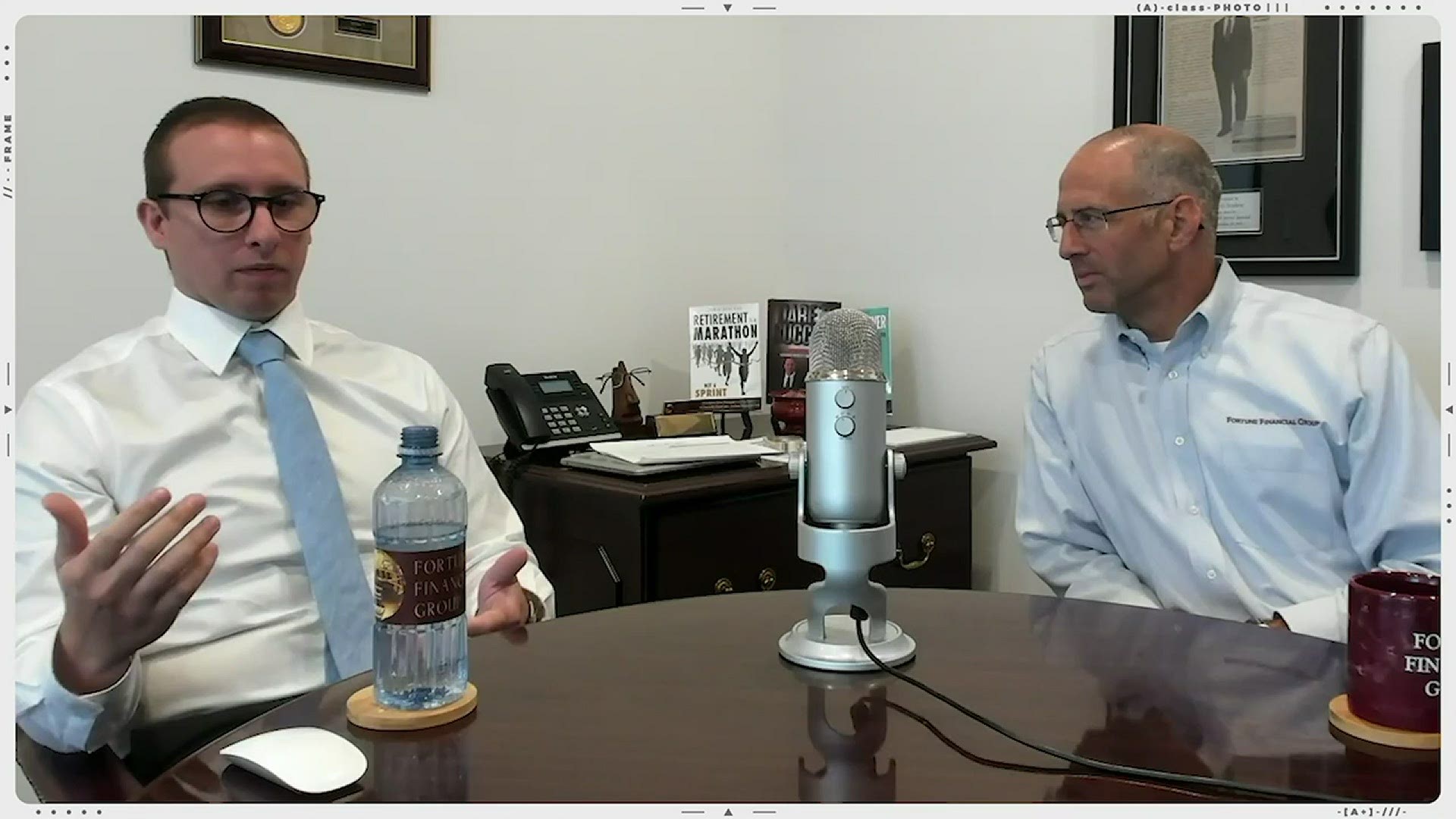There is a growing trend facing those at and near retirement today that may result in significant emotional and financial strain that very few discuss and even fewer are prepared for: More than 40 million Americans are serving as the primary caregiver for their aging parents.[1] A study by MetLife Research found family caregivers spend an average of $12,000 a year of their own money tending to parents.[2] And this number is only expected to increase as the baby boomer generation gets older.
Added to which, you may still be caring for your own children, whether they are minors, or adults who have moved back in with you—perhaps with their families as well! Last year, 15% of 25- to 37-year-olds lived with their parents. That’s 6% more than Generation X members who lived at home at that age and almost twice that of baby boomers.[3]
Having your time, attention and finances being pulled between both the generation above and below you all while trying to plan for your own retirement has coined the nickname The Sandwich Generation.
So, how can you care for your loved ones while also tending to your own needs and financial obligations? Consider the following tips to develop a proactive plan:
- Get involved – If your parents are still in good health, take the time to learn about their finances and understand their wishes for things like caregiver preferences should one or both become incapacitated. If they resist help, ask them to tell you about their accounts to help you develop ideas for your own retirement financial plan. Depending on the family dynamic and volume of assets, at a minimum ensure they have a credible and trusted advisor who can help explain and manage their financial affairs as needed and see if they will make an introduction so you can establish a working relationship. Encourage meeting with an estate planning attorney to set up financial and medical power of attorney documents and other legal essentials to streamline their estate management.
- Review coverage – Find out if your parents have long-term care insurance or other policies that may help offset the costs of eldercare. If they own annuities and life insurance, these may have living benefits triggered by medical conditions that could help pay for care, whether at home or in a facility. If your parents do not have many assets or as they become depleted, resources may be available through Medicaid. If one or more generations become financially dependent upon you in the future, you should consider reviewing your own life insurance coverage. Even if you do not have earned income, consider the costs of hiring help that would be needed in your absence.
- Be strategic – Speak with your own advisor to develop a financial plan that accounts for the various obligations and expectations you will have for your savings. This should include tax planning to help you answer questions such as where to withdraw funds from to avoid tax penalties and how to set aside savings in a tax-advantageous manner—whether through 529 college-savings plans, retirement accounts or other options for you or your loved ones. Keep in mind you may also be able to claim dependent(s) on your taxes if you are paying for more than half of their daily expenses.
- Set clear limits and expectations – Be honest about the help you can and cannot afford to give—physically, mentally and financially. Taking care of yourself is not selfish; it is essential. If you don’t take care of your own wellbeing, you will ultimately jeopardize your ability to care for your loved ones. For the healthiest family dynamic, define your boundaries and goals, and discuss them with your loved ones.
There is no denying the pressures of being a family caregiver may take a high emotional and financial toll on The Sandwich Generation. As with all aspects of finance, the sooner you can start the conversation and start planning, the more the benefits can compound over time. By being prepared for juggling these multiple responsibilities, you will be better equipped both mentally and financially to find the joy in being surrounded by your family.
We are an independent financial services firm helping individuals create retirement strategies using a variety of investment and insurance products to custom suit their needs and objectives. Investing involves risk, including the potential loss of principal. Fortune Financial Group Inc. is not affiliated with the US government or any governmental agency. Investment advisory services offered only by duly registered individuals through AE Wealth Management, LLC (AEWM). AEWM and Fortune Financial Group Inc. are not affiliated companies. #099658
[1] Administration on Aging, Administration for Community Living, U.S. Department of Human Services. April 2018. “2018 Profile of Older Americans.” P.3 https://acl.gov/sites/default/files/Aging%20and%20Disability%20in%20America/2018OlderAmericansProfile.pdf. Accessed June 21, 2019.
[2] Fidelity Investments. March 26, 2019. “How to take care of aging parents and yourself.” https://www.fidelity.com/viewpoints/personal-finance/caring-for-aging-parents. Accessed May 20, 2019.
[3] Caitie Burkes. Greater Baton Rouge Business Report. May 9, 2019. “Supporting both children and parents the sandwich generation keeps working.” https://www.businessreport.com/business/sandwich-generation-retirement-baton-rouge. Accessed May 20, 2019.



